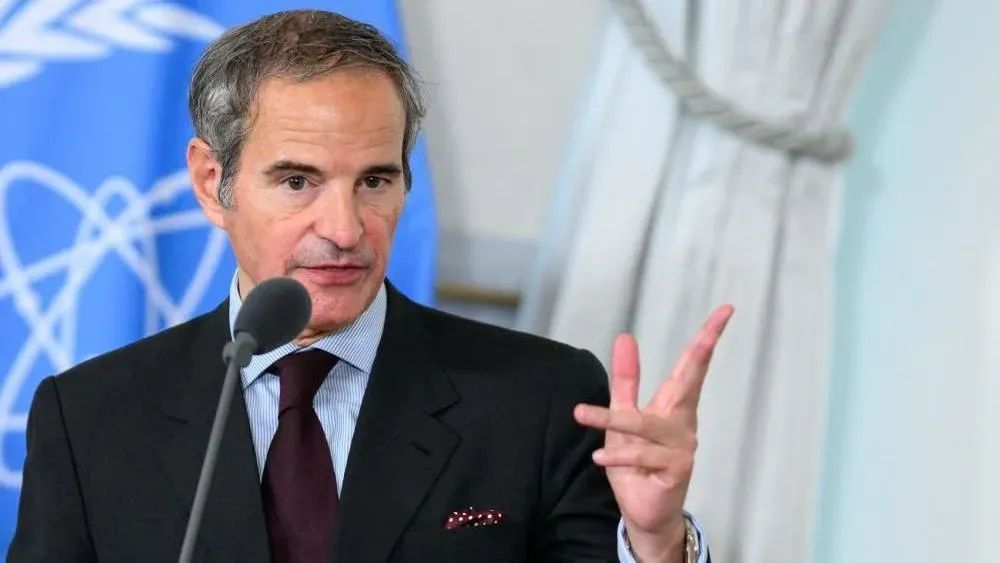IAEA: Iran Could Resume Uranium Enrichment Within Months
By: Ark-La-Tex Staff Writer
The head of the International Atomic Energy Agency (IAEA), Rafael Grossi, stated that Iran retains the capacity to resume uranium enrichment within a matter of months, if it chooses to do so.
In an interview with CBS News, Grossi said that while recent military strikes caused significant damage to Iran’s nuclear infrastructure, they did not completely eliminate its enrichment capabilities. His remarks follow claims made by President Donald Trump that the strikes had “totally obliterated” Iran’s nuclear sites.
“Frankly speaking, one cannot claim that everything has disappeared and there is nothing there,” Grossi noted. According to the IAEA, Iran still has the technical and industrial means to restart centrifuge operations and uranium enrichment.
On June 13, Israel launched strikes on nuclear and military facilities in Iran, citing concerns over Iran's enrichment activities. The United States subsequently conducted its own strikes on three key sites: Fordo, Natanz, and Isfahan. Since then, there has been limited independent verification of the extent of the damage.
A preliminary Pentagon assessment, reportedly leaked earlier in the week, suggested that the strikes may have only delayed Iran’s nuclear program by several months. The accuracy of this assessment may be revised pending additional intelligence.
Iran has offered differing accounts of the impact. Supreme Leader Ayatollah Ali Khamenei claimed the strikes had limited effect, while Foreign Minister Abbas Araghchi described the damage as “excessive and serious.”
Meanwhile, Iran’s relationship with the IAEA has come under further strain. On Wednesday, Iran’s parliament approved a measure to suspend cooperation with the agency, citing concerns over impartiality. Iran has declined to grant the IAEA access to inspect the damaged facilities. Araghchi later stated that requests for inspection were unwarranted and potentially politically motivated.
Grossi expressed interest in continuing diplomatic dialogue, stating: “I have to sit down with Iran and look into this, because at the end of the day, this whole thing, after the military strikes, will have to have a long-lasting solution, which cannot be but a diplomatic one.”
Iran continues to assert that its nuclear program is solely for civilian purposes. Under the terms of the 2015 Joint Comprehensive Plan of Action (JCPOA), Iran was restricted from enriching uranium beyond 3.67% and barred from enrichment at the Fordo site for 15 years. The United States withdrew from the agreement in 2018, reinstating sanctions. Iran began reducing compliance in response, including resuming enrichment at Fordo and producing uranium enriched to 60%, close to weapons-grade, by 2021.
The current ceasefire between Iran and Israel remains in effect, though both sides have expressed reservations. Iranian officials have indicated they are prepared to respond to further military actions if necessary.
The IAEA continues to monitor developments and encourages diplomatic solutions to address concerns over nuclear proliferation and regional stability.
